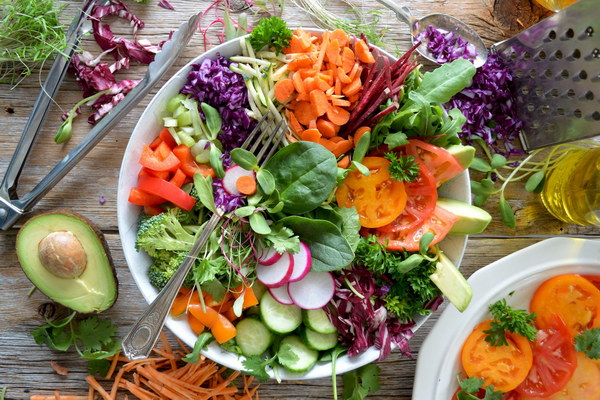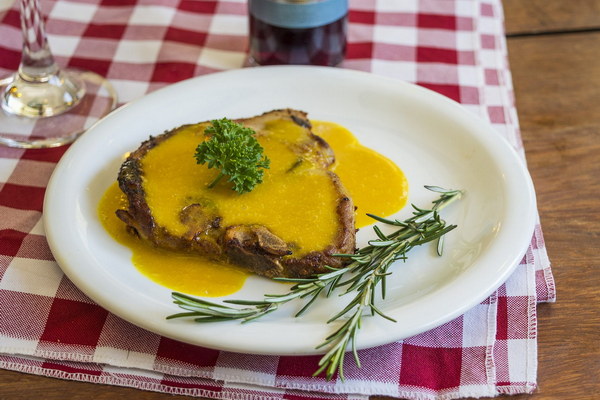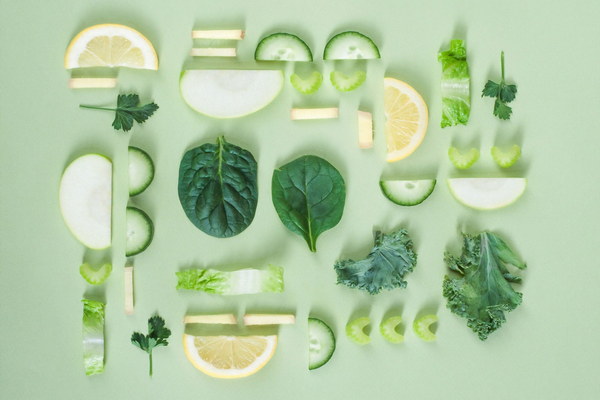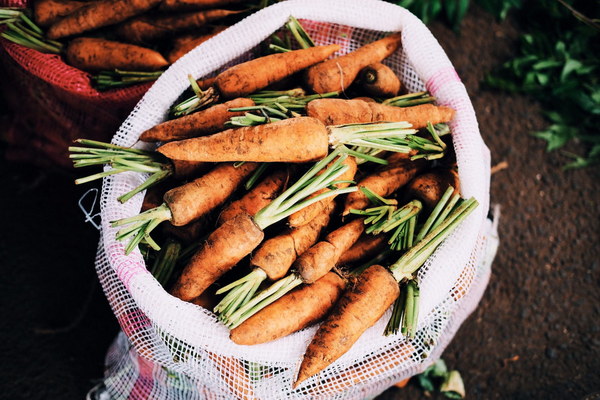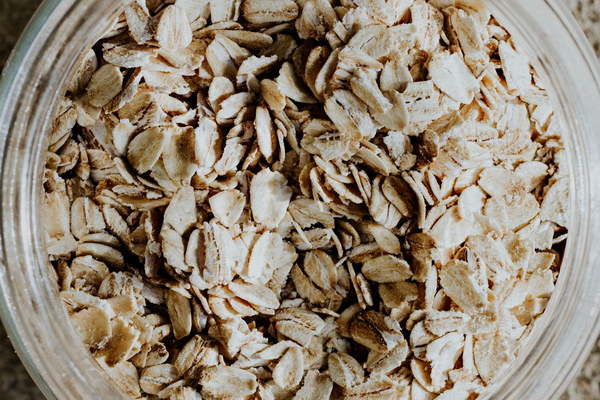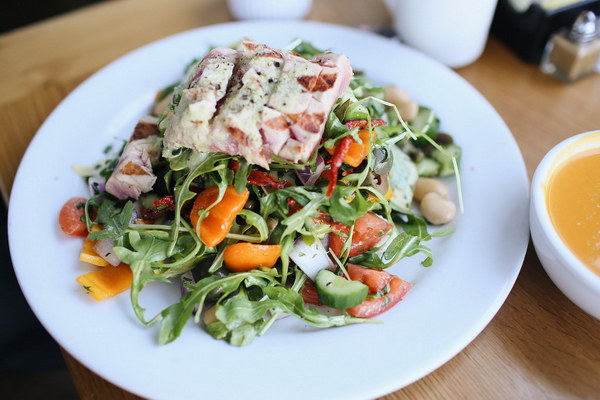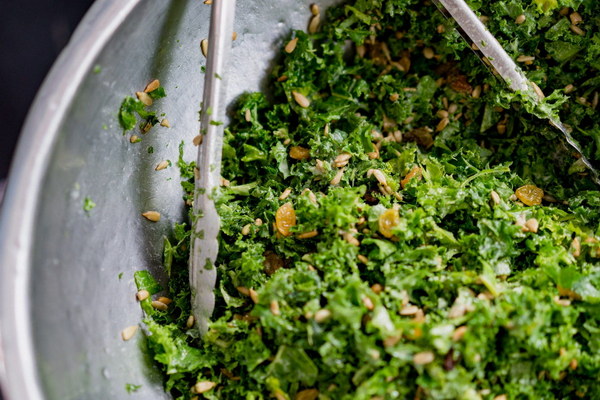The Art of Medicinal Cuisine Ancient Wisdom in Modern Times
In the annals of traditional Chinese medicine, the concept of medicinal cuisine has been cherished for centuries. This ancient practice combines the principles of nutrition and herbal therapy to create dishes that not only satisfy the palate but also promote health and longevity. In this article, we delve into the rich history and cultural significance of medicinal cuisine, exploring its origins, key ingredients, and the science behind its health benefits.
The roots of medicinal cuisine can be traced back to the Yellow Emperor's Internal Canon, a foundational text in traditional Chinese medicine that dates back to around 2600 BCE. The book emphasizes the importance of balancing the body's Yin and Yang energies and suggests that certain foods can help achieve this equilibrium. Over time, this philosophy has evolved into a sophisticated culinary art form that is still practiced today.
One of the most significant aspects of medicinal cuisine is the use of herbs and spices that have medicinal properties. These ingredients are carefully selected based on their therapeutic effects and are combined with other foods to create dishes that address specific health concerns. Here are some of the key ingredients commonly used in medicinal cuisine:
1. Ginseng: Known as the king of herbs, ginseng is believed to boost the immune system, enhance energy levels, and improve mental clarity.
2. Astragalus: This herb is used to strengthen the immune system, increase energy, and aid in recovery from illness.
3. Goji Berries: These berries are rich in antioxidants and are believed to improve vision, boost the immune system, and promote longevity.
4. Dates: Known for their sweetness and richness, dates are used to nourish the heart and strengthen the spleen.
5. Ginger: A versatile spice, ginger is used to warm the body, relieve nausea, and improve digestion.
The science behind medicinal cuisine is rooted in the concept of Qi (pronounced chee), which is considered the life force that flows through the body. According to traditional Chinese medicine, maintaining a healthy balance of Qi is essential for good health. By consuming foods that have medicinal properties, individuals can help restore and maintain their Qi levels, leading to improved overall well-being.
Here's a recipe for a classic medicinal dish, Chicken Soup with Astragalus and Ginger:
Ingredients:
- 1 whole chicken
- 2 pieces of astragalus root
- 1 inch of fresh ginger, sliced
- 1 teaspoon of rock sugar
- 8 cups of water
- Salt and pepper, to taste
Instructions:
1. Place the whole chicken in a large pot and cover it with water. Add the astragalus root and ginger slices to the pot.
2. Bring the water to a boil over medium heat. Once boiling, reduce the heat to low and let the chicken simmer for about 1 hour.
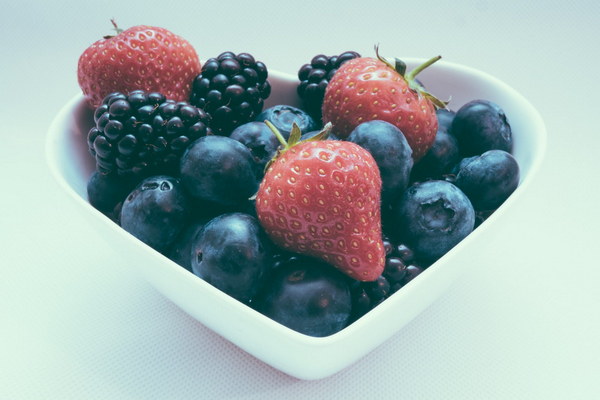
3. After 1 hour, add the rock sugar to the pot and continue to simmer for another 30 minutes.
4. Season with salt and pepper to taste. Serve the soup hot.
This chicken soup is not only delicious but also has numerous health benefits. The astragalus root helps to strengthen the immune system, while the ginger promotes digestion and warms the body. The rock sugar adds a touch of sweetness and helps to balance the flavors of the dish.
In conclusion, medicinal cuisine is a testament to the enduring wisdom of traditional Chinese medicine. By combining the principles of nutrition and herbal therapy, this ancient practice offers a unique and effective approach to health and wellness. As we continue to embrace the benefits of medicinal cuisine, we can appreciate the rich cultural heritage that has been passed down through generations.



